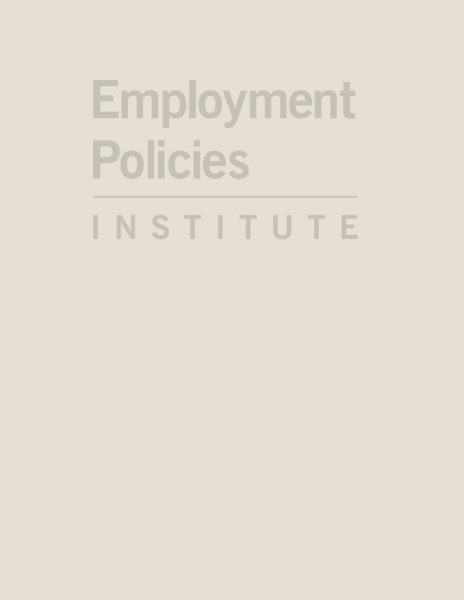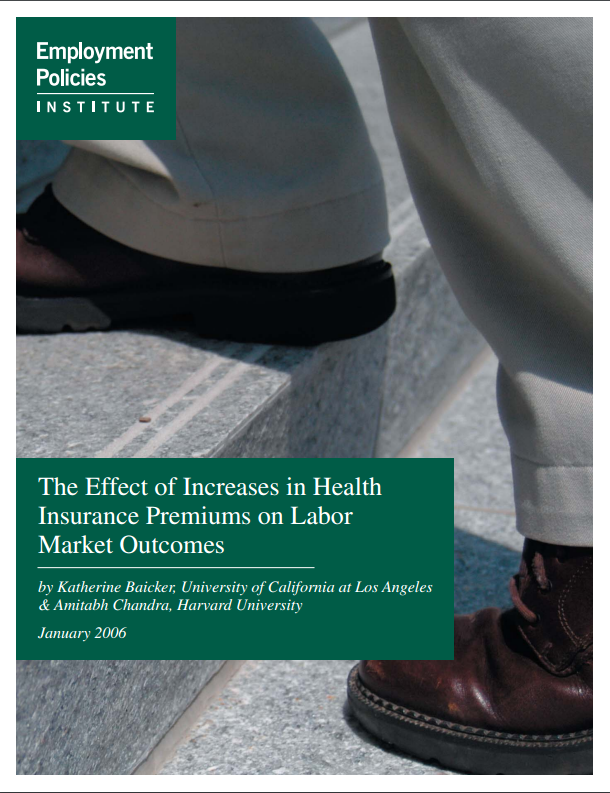Rotten ACORN: America’s Bad Seed
July 2006
New information as of July 9, 2008: The New York Times published an explosive exposé detailing how the Association of Community Organizations for Reform Now (ACORN) covered up nearly $1 million in embezzled funds by its founder’s brother. Read our statement about ACORN’s long history of fraud and corruption.
ACORN says it is a community group, but it is really a multi-million-dollar, multinational…






